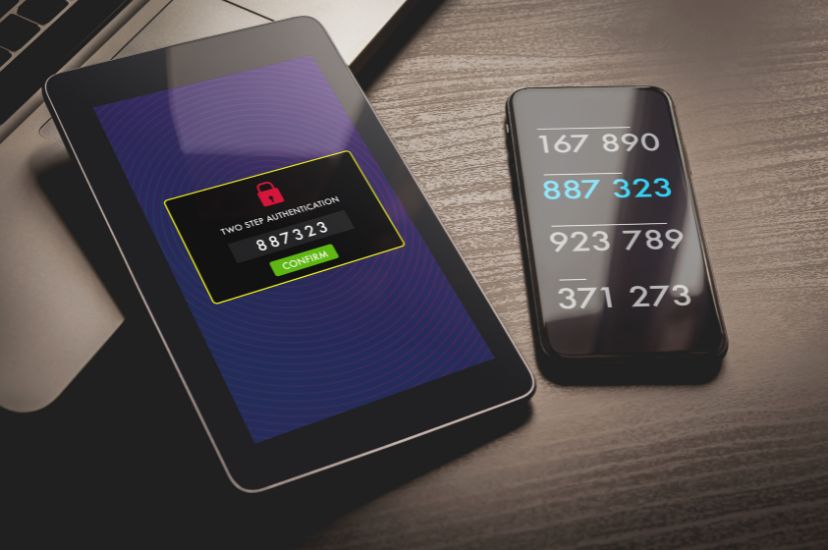
Date First Published: 6th April 2024
Topic: Cybersecurity
Subtopic: Security Mechanisms & Technologies
Article Type: Computer Terms & Definitions
Difficulty: MediumDifficulty Level: 5/10
Learn about what a software token is in this article.
A software token, also known as a soft token, is a security token in the form of an application running on a device. It authenticates a user as part of a multi-factor authentication system. Instead of a piece of dedicated hardware, software tokens exist as software on a device.
Software tokens work by using a secondary device as a method of authentication. For example, an authenticator app may be used on a secondary device, which can generate one-time-use passwords that add a level of security beyond a regular username and password. When a user attempts to log into a digital asset, the security system will generate a soft token and send it to the user. The soft token cannot be used again after it has been used. Every time someone attempts to log in, a new soft token needs to be generated. Even if a malicious actor manages to obtain a soft token, this procedure makes it harder for them to be exploited.
Software tokens are often used for the following purposes:
If so, it is important that you tell me as soon as possible on this page.
Network Services Network Setups Network Standards Network Hardware Network Identifiers Network Software Internet Protocols Internet Organisations Data Transmission Technologies Web Development Web Design Web Advertising Web Applications Web Organisations Web Technologies Web Services SEO Threats To Systems, Data & Information Security Mechanisms & Technologies Computer Hardware Computer Software Ethics & Sustainability Legislation & User Data Protection